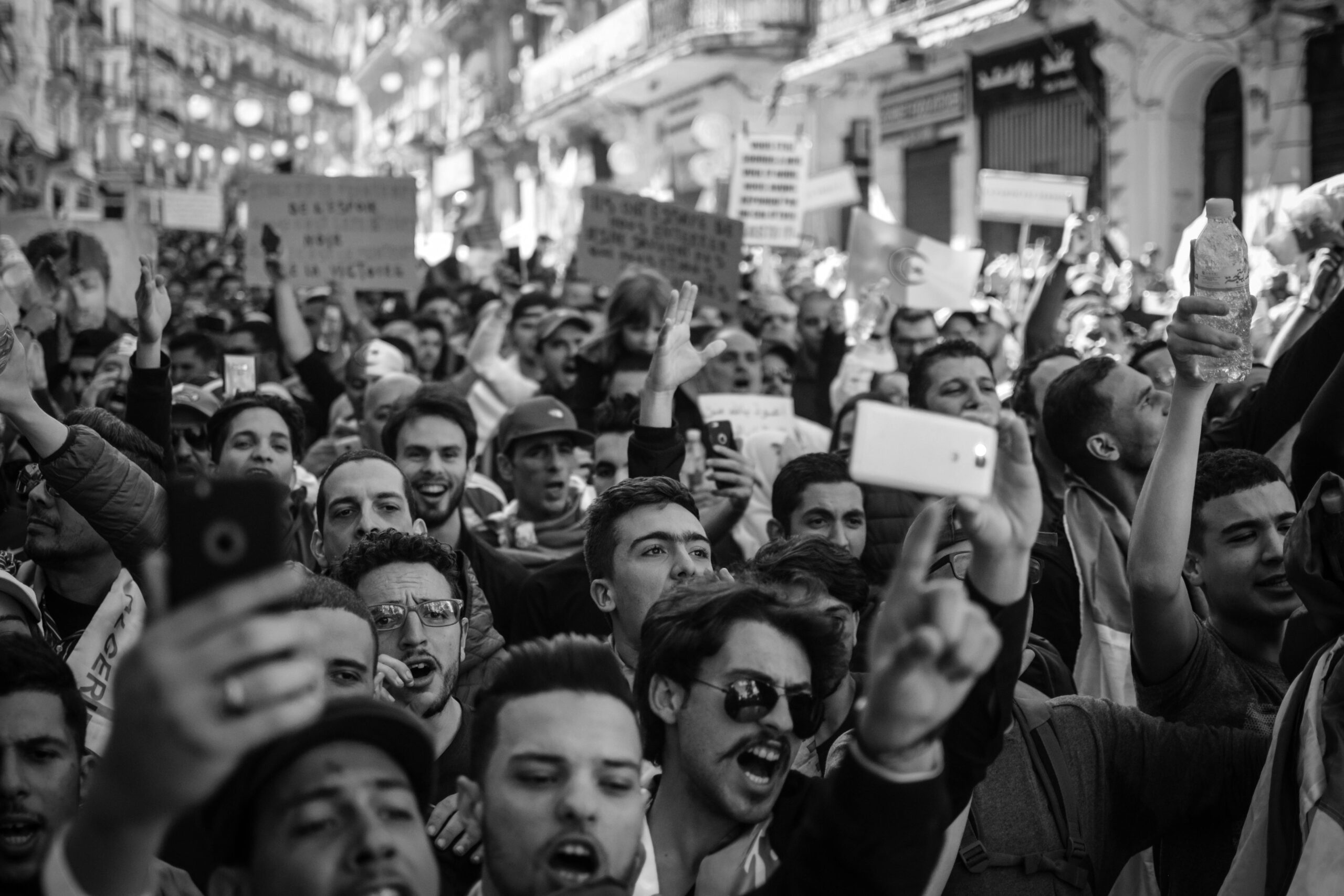By: Justin Ding
After mass college campus protests around the world, tens of thousands of education leaders have questioned free speech laws and have sent out detainments, suspensions, and arrest warrants with a proposal to end campus protests for good.
On October 7th, Hamas attacked southern Israel and continued a decades-long war of conflict in Israel, Palestine, and the surrounding countries. Fast forward 6 months later, pro-Palestinian protests arguing for a ban on financial supportto Israel have started in many higher education schools in America and worldwide.
As more and more join the movement, these protests are causing students to be arrested. Their efforts raise the question of how much free speech is too much and what kind of free speech qualifies as safe and non-discriminatory.
“Since then, more than 3,100 people have been arrested or detained on campuses across the country. Most were charged with trespassing or disturbing the peace. Some face more serious charges, like resisting arrest.” said Isabelle Taft, Alex Lemonides, Lazaro Gamio and Anna Betts of the New York Times on July 22, 2024.
While the protests are nonviolent, there have been a couple of police interventions. Many arrests have been made on students who destroy property or are charged for being discriminatory. Universities are starting to feel the heat of these protests as they spend millions of dollars to fix the costs of such events.
It has also been reported by Jordan Valinsky of CNN on April 25, 2024, that “Reports of antisemitic acts have surged across America and particularly on campus since October 7. Islamophobia has run rampant, too.” This shows that even though Campus protests have mostly been nonviolent, there are still many issues that are hard for universities to handle.
Ultimately, universities have to deal with mass chaos and accounts of discrimination and struggle to find solutions. Student protesters are being arrested by the thousands, and there is no clear end to this problem.
Image Credit by Amine M’siouri











